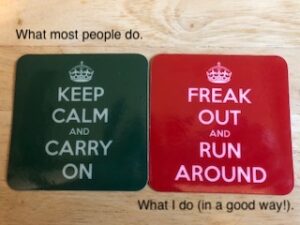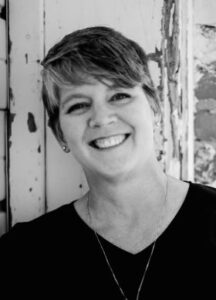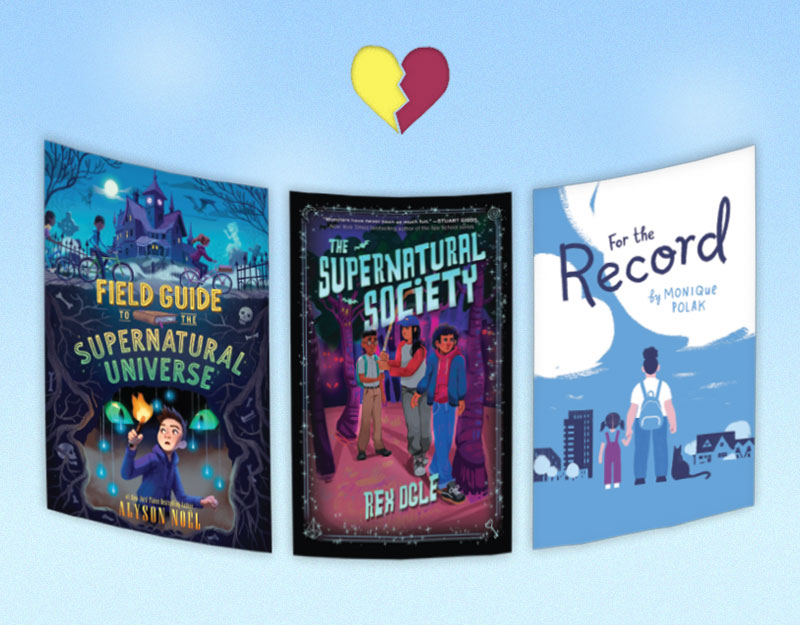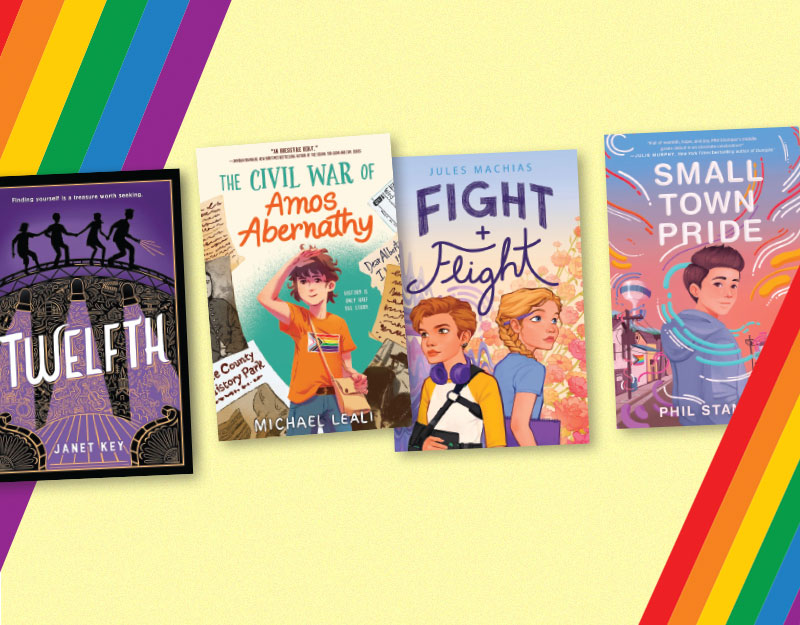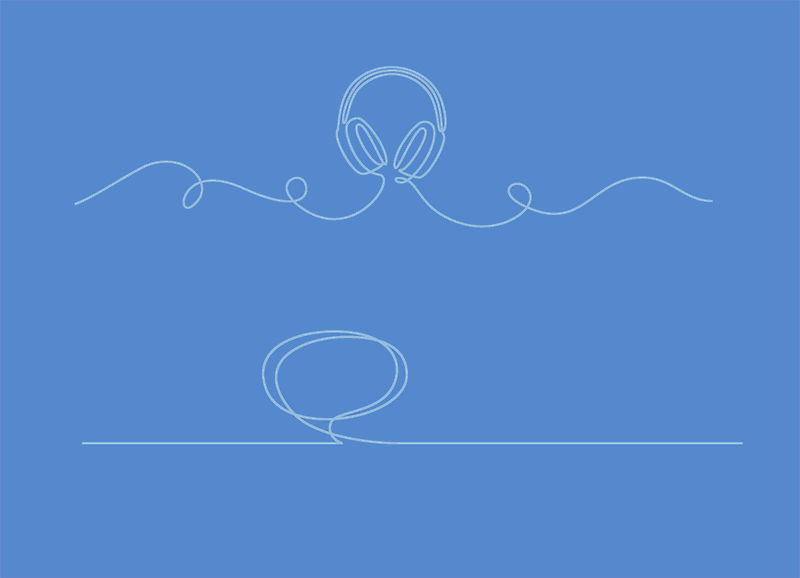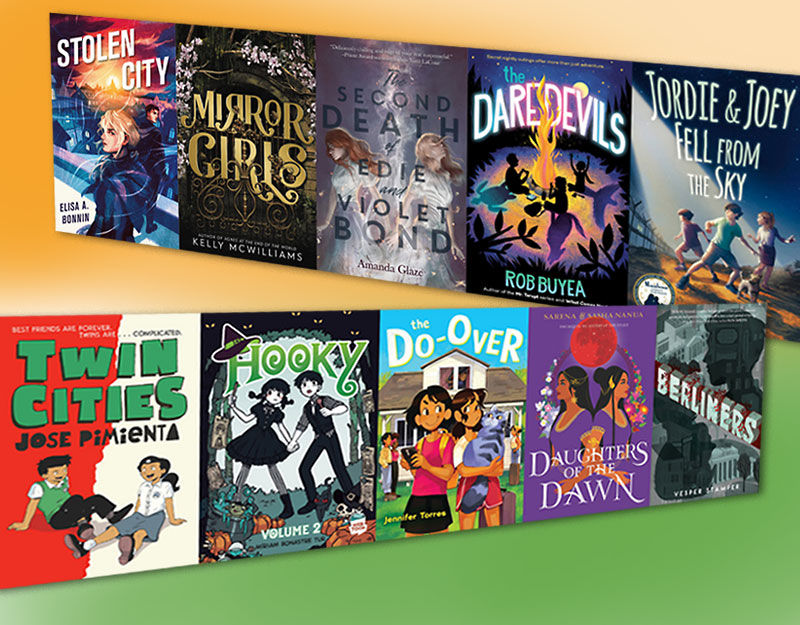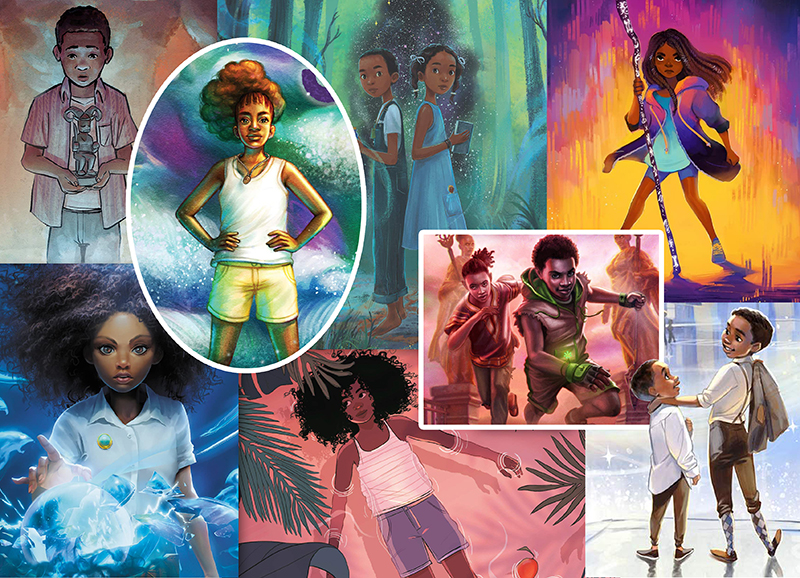YA A to Z: O is for Outsider, a guest post by author Kirstin Cronn-Mills
Today for #YAAtoZ we are honored to have author Kirstin Cronn-Mills talking about being an Outsider.
My mom swears I knew how to read at three. I know my dad was teaching me about Roman numerals and the Valley of the Kings at four. I had no idea these things were even slightly unusual. Nobody in my house was neurotypical, but I didn’t know that, either.
It was reinforced over and over in elementary and high school: I didn’t think like other people, I didn’t react like other people (puberty emotions x 1000), I just . . . wasn’t like other girls. End of story. This fact mostly made me sad. I didn’t have a lot of friends, but the ones I did have seemed to accept my oh-so-brainy-and-different self.
ADVERTISEMENT
ADVERTISEMENT
College was better—I could be curious to my heart’s content, and I didn’t know when others judged me, because I wasn’t around those people. Then I fell in love, went to grad school, got married, went to another grad school, had a baby, and got a full-time job. All of it regular human stuff. But I still felt like an outsider.
The reinforcement continued: I wasn’t like other moms, or other soccer parents, or other teachers, and definitely not like other spouses, much to my husband’s dismay and frustration. Why was I so emotional? Why was my brain so busy all the dang time? Why couldn’t I relax?
Finally, through a long string of events and a couple lightbulb moments, the answer arrived: I have ADHD. I had been misdiagnosed by my psychiatrist for 23 years. Yes. 23. I’d even had an MRI in 2006, after my brother was diagnosed with a brain tumor (our hometown is a cancer cluster, so it was worth checking). My psychiatrist said “Hmm. You have a less robust frontal lobe.” That’s actually a sign of ADHD, but neither of us put the pieces together. I said, “Well, it’s served me all right so far.” And that was that.
Turns out women and girls with ADHD tend to be more inattentive, with less outward hyperactivity, and our chattiness or scatterbrained-ness is chalked up to being “just a girl” (side note: research needs to catch up and explore how many different genders express ADHD, but right now it’s focused on the binary) Lots of us are diagnosed at midlife because our estrogen decreases, so our symptoms skyrocket.
It also turns out women with ADHD feel inadequate, judged, and stupid because we can struggle with tasks that are stereotypically ours—paying bills on time, throwing kids’ birthday parties, managing a household. Add in the societal pressure to be a perfect parent or spouse, along with the pressure to look like a fashion model, and we get depressed and anxious. Doctors end up treating the symptoms, but not the root cause.
After I figured out the right category for my brain, I grieved. Hard. I grieved my mistakes (soooo many) and the time I’d lost trying to be someone I wasn’t. Then I put the pieces together (again) and grieved for my grandma and my dad, who lived and died in times where their brains weren’t recognized or understood. But while I mourned, I was also ecstatic, because I understood who I was. I knew there were others like me. Now we’re outsiders together.
Fictional Characters with ADHD: Books We Love – ADDitude
Not long after my diagnosis, my friend Rachel told me I was a superhero—an X-Man, in fact. Hadn’t I noticed my superpowers? She stopped me in my tracks, because she’s right. I can focus for a really, really long time—so long that I’ve managed to write 9 books, plus a lot of poetry, while raising a son and working full-time. I have compassion for days, because I feel things so deeply. I am also easily amused, and generally happy—plus I’m funny. Usually.
The absences my brain creates—a slippery relationship with time, a tendency toward forgetting, SO MANY EMOTIONS—can usually be balanced out by my superpowers. Not in the eyes of culture, of course—same as in the X-Men mythology, our culture tends to shun us—but in my eyes, I feel as cool as Jean Gray or Storm.
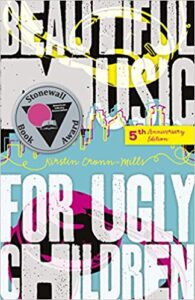
Now, after 2.5 years of sorting out my powers, it’s time to advocate for a positive view of neurodiversity, of all kinds. My work in progress is called O IS FOR OUTSIDER. Evvie, the protagonist, has ADHD—as do her mom and the octopus researcher (!) she follows. These three women offer no apologies for their neurodivergence, and they like themselves. As the story develops, Evvie crushes on one of the octopus researcher’s helpers—turns out he’s neurodiverse, too. Nobody’s made to feel ashamed of the way their brain behaves, and everyone is supported for who they are.
Utopias are awesome, right?
In our real world, there’s still plenty of risk in claiming who I am. For example: what happens if my day job boss reads this post? She might instantly discredit everything I say and do. What if an editor sees this post and refuses to work with me, assuming I’ll miss my deadlines (I’m always early with manuscripts)? What if readers don’t give my books a chance because they assume they’re too weird?
The word “neurodiversity” comes from the autism community but can describe many different kinds of brains. We neurodivergent X-Men bring strengths to humanity that others can’t match (Albert Einstein, anyone?). If we’re a little bit late, or a little hypervigilant, or we see letters in weird orders, please be patient with us. We’re figuring out relativity or earning Olympic medals (hi, Simone Biles!). If you’re a person with autism, anxiety, ADHD, depression, bipolar disorder, dyslexia, or any other kind of differently-wired brain, hello. I see you and your powers, and I salute you.
ADVERTISEMENT
ADVERTISEMENT
As I travel through my new life, I watch people around me who are judged for being different (all kinds of difference), and these questions constantly ricochet through my head: why is difference judged and shunned instead of appreciated? Why do we need the concept of “outsider”?
In response, my WIP asks this question: what would happen if people valued our neurodiversity instead of rejected us for it?
I want to celebrate my brain—even with its frustrations and absences. I want you to celebrate yours, too. I want that for my neurodiverse kid, other neurodiverse kids, and my dad and grandma. I want us to be OK with different ways to process the world. And I want my characters to reflect those different ways to be human.
Meet Kirstin Cronn-Mills
My birth name is Elizabeth, but I’m a guy. Gabe. My parents think I’ve gone crazy and the rest of the world is happy to agree with them, but I know I’m right. I’ve been a boy my whole life.
When you think about it, I’m like a record. Elizabeth is my A side, the song everybody knows, and Gabe is my B side–not heard as often, but just as good.
It’s time to let my B side play. (Published in 2012 by Flux Books)
Filed under: #YAAtoZ
About Karen Jensen, MLS
Karen Jensen has been a Teen Services Librarian for almost 30 years. She created TLT in 2011 and is the co-editor of The Whole Library Handbook: Teen Services with Heather Booth (ALA Editions, 2014).
ADVERTISEMENT
ADVERTISEMENT
SLJ Blog Network
The Moral Dilemma of THE MONSTER AT THE END OF THIS BOOK
Cover Reveal and Q&A: The One and Only Googoosh with Azadeh Westergaard
Winnie-The-Pooh | Review
Parsing Religion in Public Schools
ADVERTISEMENT



